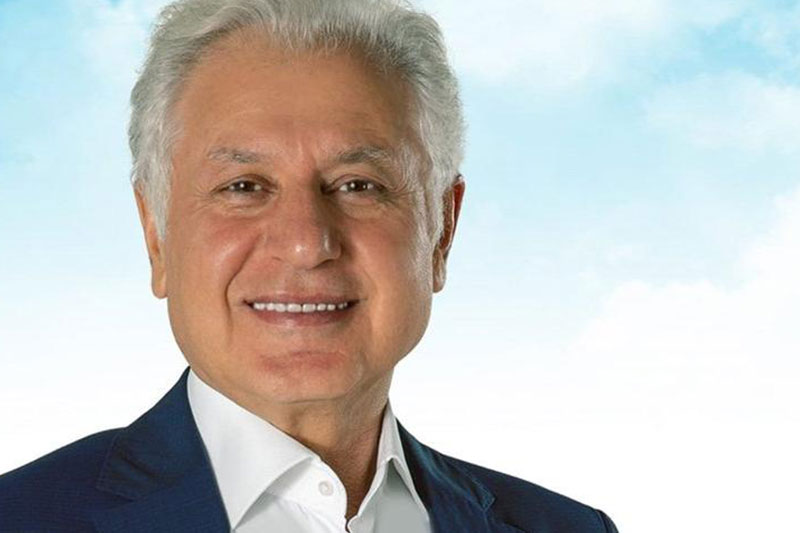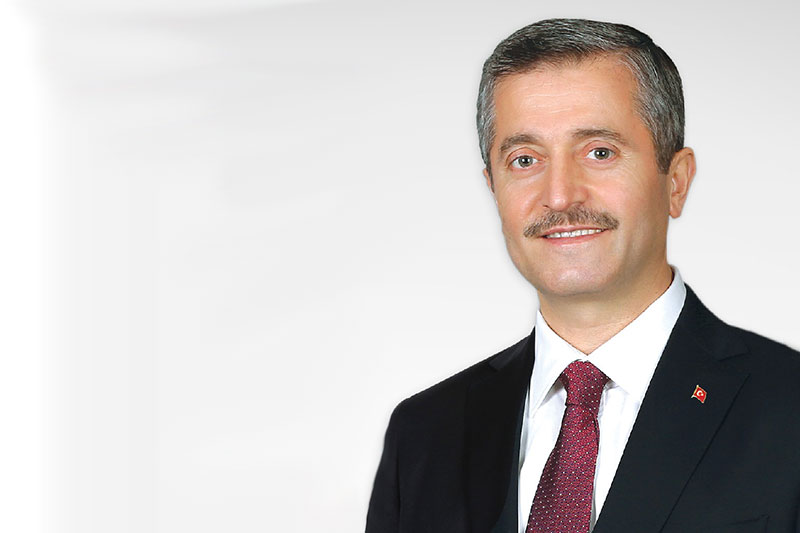Parallel Session 2.2 - Ensuring dignity: local authorities fostering access to basic services such as health and education
While failures to fulfil the need for basic services can be a source of tension at the local level, the response to the Syria crisis has shown how municipalities can foster new partnerships and mobilize international support to not only increase but also expand access to services for refugees.
This session discusses how local authorities respond to the need for expanding the basic services (e.g. health and education) to displaced populations, often in the face of lacking additional resources and the challenge of decreasing access quality for host communities.
This session is structured around the following questions: How have local authorities dealt with increased demand for health, education and other services from refugees and migrants? How did they adapt such services to the specific needs of displaced populations? What is the key to ensuring inclusive and quality health and education services? Which services are typically and/or particularly difficult for refugees and migrants to get meaningful access to? Where has the support from development and humanitarian response actors been most effective and what are the areas in need of improvement most?
SPEAKERS
-
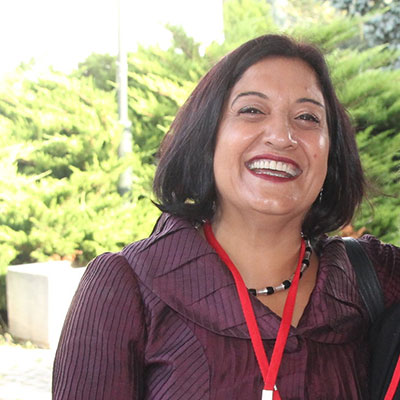 Meryem AslanDirector, Oxfam Turkey
Meryem AslanDirector, Oxfam Turkey -
 Vural ÇakırPresident, INGEV Foundation
Vural ÇakırPresident, INGEV Foundation -
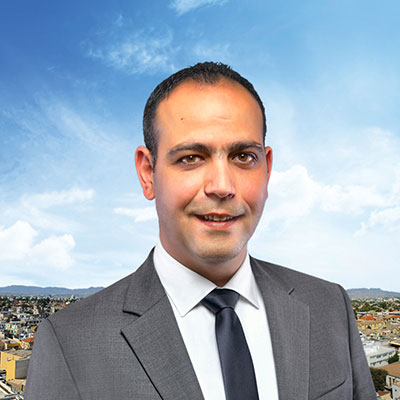 Mehmet HarmancıMayor of the Nicosia Turkish Municipality, Turkish Republic of Northern Cyprus
Mehmet HarmancıMayor of the Nicosia Turkish Municipality, Turkish Republic of Northern Cyprus -
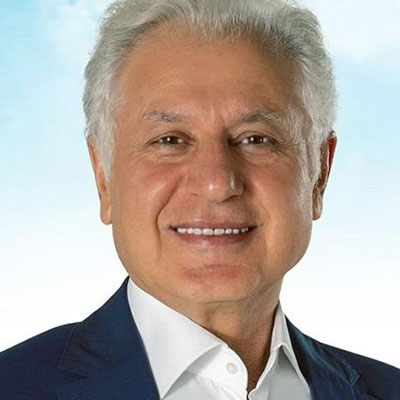 Muammer KeskinMayor of Sisli, Istanbul, Turkey
Muammer KeskinMayor of Sisli, Istanbul, Turkey -
 Asim KhanEx-Mayor of Peshawar City District Government, Pakistan
Asim KhanEx-Mayor of Peshawar City District Government, Pakistan -
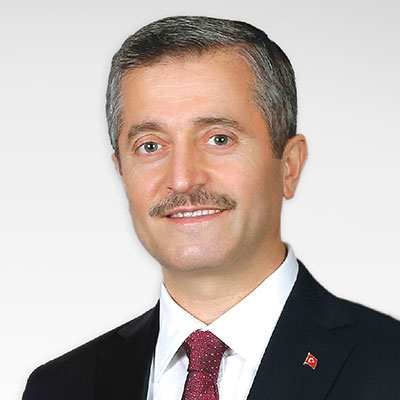 Mehmet TahmazoğluMayor of Şahinbey Municipality, Gaziantep, Turkey
Mehmet TahmazoğluMayor of Şahinbey Municipality, Gaziantep, Turkey





